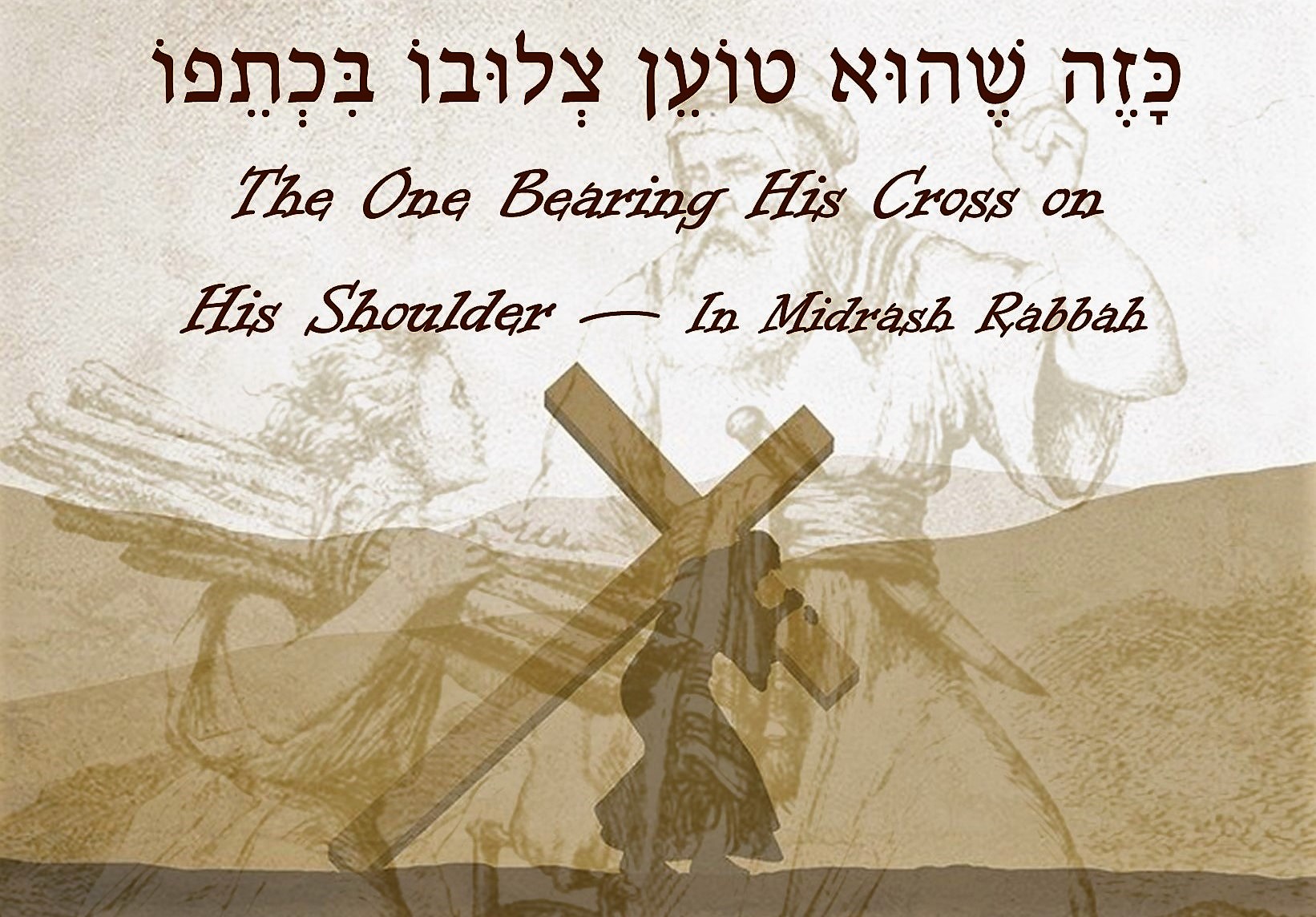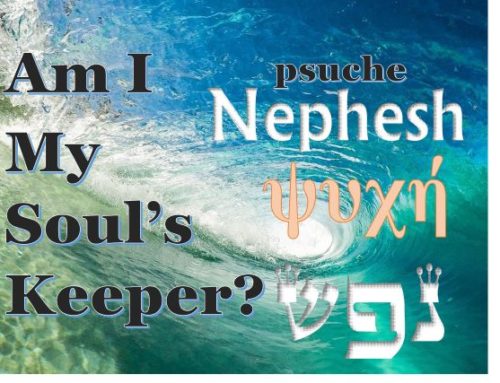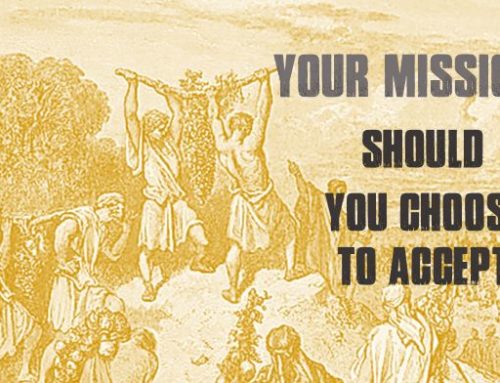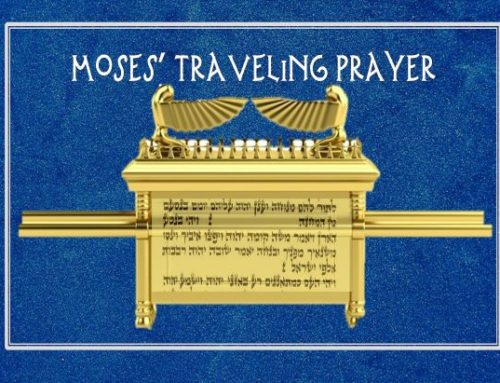“As one Bearing His Cross on His Shoulders” Genesis Midrash Rabbah, 53.3
I live in a land of archeological wonders. Constantly I walk over shards and remnants hundreds, if not thousands of years old. If enough of the design, base, or handle remains, a trained eye can discern its time period. This is also true for ancient Jewish texts. Each week as I prepare for the Torah Portion, I look to the Hebrew commentaries and collections of ancient sources. Sometimes I come across “remnants” of early Messianic Jewish believers tucked into Jewish literature of 1500 to 2000 years ago. These poke out of the lines of text like pottery shards slightly out of place, often as orphan statements without attribution. The commentary on this weeks Torah Portion details the binding of Isaac and contains just such an artifact.
וַיִּקַּח אַבְרָהָם אֶת עֲצֵי הָעֹלָה , כָּזֶה שֶׁהוּא טוֹעֵן צְלוּבוֹ בִּכְתֵפוֹ. בראשית רבה נג 3
“And Abraham took the wood of the sacrifice, as one bearing his cross on his shoulders.” Genesis Rabbah 53.3
“As one who bearing his cross on his shoulder’, is poetic in Hebrew flowing freely off the tongue, a statement perhaps repeated often in sermons of the first centuries. No wonder compilers of Jewish sermon material included such a gem. It was too powerful to pass over, but perhaps too controversial to attribute. And so as the compendium of sermon material was compiled for the various Torah Portions someone included just such a picture reminiscent of Yeshua – Abraham with Isaac bearing a Roman cross.
“Then Abraham took the wood for the burnt offering and put it on Isaac his son. In his hand he took the fire and the knife. So the two of them walked on together.” Gen. 22. 6 NKJV
To be clear, thousands of Jewish men were crucified on Roman crosses in the First Century. Without a doubt however, the most famous was Yeshua. He is remembered as carrying His own cross.
“And He, bearing His cross, went out to a place called the Place of a Skull, which is called in Hebrew, Golgotha.” John 19. 17 NKJV
He was led to the slaughter as both the lamb and the only begotten Son of the Father, a reference to the binding of Isaac.
“For God so loved the world that he gave his one and only Son, that whoever believes in him shall not perish but have eternal life.” John 3. 16 NKJV
Unlike Yeshua however, Isaac did not die on the mountain. Abraham received his son back. The Angel of the Lord stayed Abraham’s hand with these words.
“But the Angel of the Lord called to him from heaven and said, “Abraham, Abraham!” So he said, “Here I am.” And He said, “Do not lay your hand on the lad, or do anything to him; for now I know that you fear God, since you have not withheld your son, your only son, from Me.” Gen. 22. 11-12 NKJV
The New Testament writer of Hebrews saw in the sacrifice of Isaac reprieve, a type of the resurrection of Messiah.
“By faith Abraham, when he was tested, offered up Isaac. Yes, he who had received the promises was offering up his one and only son— the one about whom it was said, “Through Isaac offspring shall be named for you.” He reasoned that God was able to raise him up even from the dead—and in a sense, he did receive him back from there.” Hebrews 11. 17-19 TLV
And so, in this ancient collection of Jewish sermon material, someone included Abraham and Isaac as a type of one bearing the wood, a type of cross on his shoulder. It could very well be that this poetic phrase, “his cross on his shoulder” (tzluvo bik’tefo) was first uttered by a Jewish preacher of the Gospel. This little shard that no one saw fit to identify its source fits nicely among the writings of the early Hebrew speaking followers of Yeshua.
How much does God love you? The story of Abraham taking his only son, the son whom he loved, up the mountain the mountain is almost unimaginable. Why does he do it? Because God asked him to do it? We remember in Abraham a man who bargained repeatedly for the cities of the plains to be spared, yet silently consents to sacrifice Isaac, the child of promise he had waited a lifetime for. Such a sacrifice is remembered powerfully in the Jewish community. When I listen to Israeli radio or TV it is constantly remembered that on account of the fathers Israel has received mercy. Because of Abraham’s sacrifice, which God did not allow him to complete, Israel merits grace. If that is true, and I believe it is, how much more so does the world merit because of the only begotten Son whom our Heavenly Father freely gave. He did not spare His son. He did not call the executioners to stay their spear or put away their nails. How much merit has not only Israel, but the world received not only through His death and resurrection?
And now I ask you again. How much does God love you? Because of the merit of Messiah, we obtain relationship, standing, mercy, and forgiveness from the father.
Conclusion
An ancient Jewish preacher saw in Isaac a picture of the cross of crucifixion. Is this exactly how the phrase was spoken in ancient times? These are all interesting questions. What we do know from this midrash is that the Roman Jewish community remembered Abraham and the binding of Isaac in light of Roman Crucifixion. One who dies on behalf of the people, a sanctification of the name. We also know that the early Jewish followers of Yeshua connected the binding of Isaac with Yeshua’s death and resurrection. If Israel obtained mercy and merit on account of the Abraham and Isaac, how much more so will mercy and atonement come through the death Messiah on a cross! May our eyes be opened to see how very much the Father loves Israel and the world.
Shavua Tov From Zion
